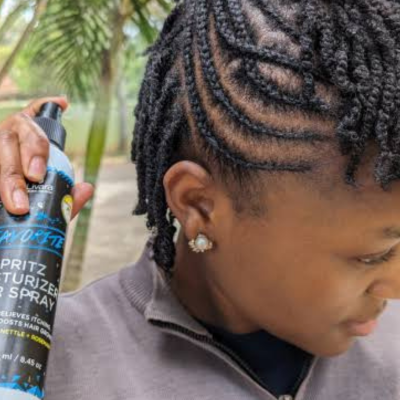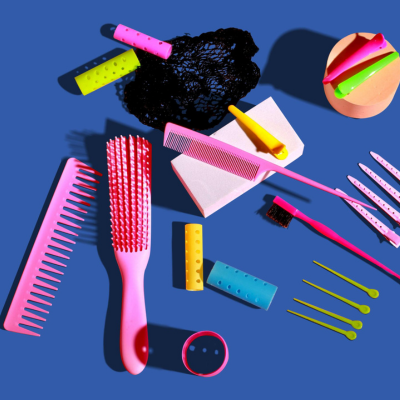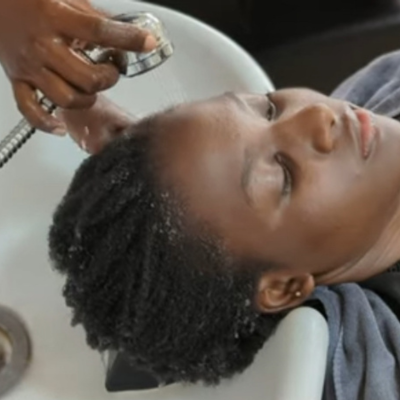- Support 24/7
- +1 (480) 468-4543
- livara@mylivara.com
Should You Oil Your Hair Every Day?

Can Kids’ Hair Products Work for Adults and Vice Versa?
May 22, 2024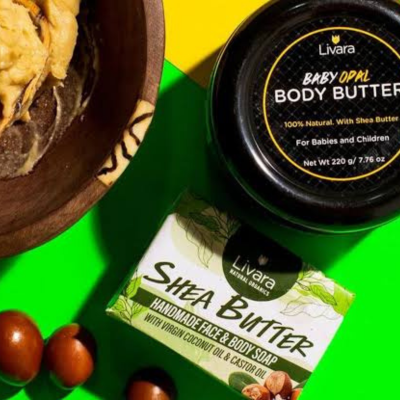
8 Amazing Ways Shea Butter Can Fix Common Skin Concerns
May 24, 2024Hair oiling is a tradition passed down through generations, promising shiny, healthy hair. But with so many hair care tips floating around, you might wonder: should you oil your hair every day? Let’s explore this topic in a simple and relatable way.
The Main Purpose of Hair Oiling: Sealing in Moisture
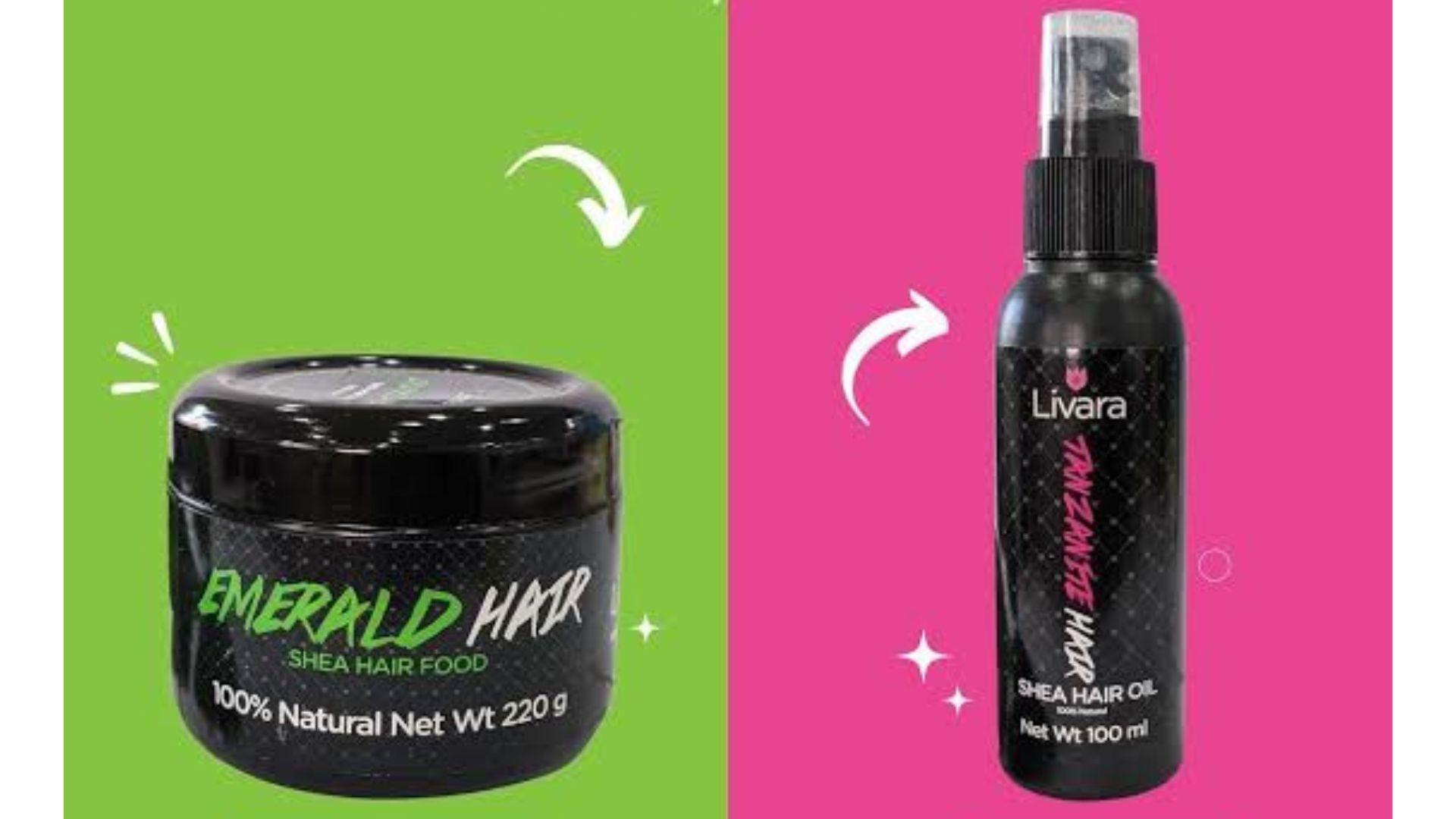
The primary purpose of hair oiling is to seal in moisture. Our hair needs moisture to stay healthy, but it tends to lose moisture due to various factors like washing, environmental conditions, and styling. Oils act as a barrier, locking in the moisture and keeping the hair hydrated. This process is especially crucial for length retention and preventing breakage.
Benefits of Sealing in Moisture
- Prevents Breakage: Dry hair is more prone to breakage, especially at the ends. By sealing in moisture, oils help keep the hair strong and less likely to break.
- Improves Elasticity: Moisturized hair is more elastic and can withstand styling and environmental stress without snapping.
- Enhances Shine: Sealing in moisture gives the hair a natural shine, making it look healthy and vibrant.
- Reduces Frizz: Moisturized hair is less likely to become frizzy, making it smoother and easier to manage.
Hair Oil Alone Is Not Enough
While some oils offer moisturizing properties, oils alone don’t effectively moisturize the hair and scalp. They must follow after some spritz of water or a water-based hair product. Oils are excellent for sealing in moisture, but they don’t add moisture themselves. To properly moisturize your hair, you should first apply some water or a water-based hair moisturizer or leave-in conditioner. Once your hair is adequately moisturized, you can then proceed to oil it. This method ensures that the moisture is locked in, preventing dryness and maintaining hair health.
Should You Oil Your Hair Every Day?
While hair oiling has many benefits, doing it every day might not be necessary or suitable for everyone. Here are some factors to consider:
Hair Type
- Dry Hair: If you have dry or damaged hair, frequent oiling can be beneficial. However, it’s crucial to moisturize your hair first before applying oil. Otherwise, you’ll end up with dry, oily hair, which isn’t ideal. Oiling two to three times a week can help restore moisture and repair damage.
- Oily Hair: If your scalp is already oily, daily oiling might make your hair look greasy and weigh it down. In this case, oiling once or twice a week is usually enough.
- Normal Hair: For those with normal hair, oiling two to three times a week can help maintain balance without making your hair too oily.
Lifestyle and Environment
- Active Lifestyle: If you exercise regularly or spend a lot of time outdoors, daily oiling might be impractical. Sweat and environmental pollutants can mix with the oil, making your hair feel dirty faster.
- Climate: In hot and humid climates, daily oiling can make your hair feel sticky and attract more dirt. In contrast, in dry climates, more frequent oiling might be needed to combat dryness.
Hair Goals
- Growth and Thickness: If your goal is to stimulate hair growth and increase thickness, regular oiling (two to three times a week) combined with scalp massages can be very effective.
- Manageability: If you have frizzy or unmanageable hair, oiling before styling or combing can help tame the frizz and make styling easier.
How to Oil Your Hair Effectively
If you decide to incorporate hair oiling into your routine, here are some tips to do it effectively:
- Choose the Right Oil: Different oils work best with different hair types, they also come with different benefits. Oils like coconut, argan, jojoba, and avocado can work great for curly and coily hair types. These oils nourish the hair, offering benefits like growth, strengthening, and softening. They also add shine to the hair so you can shine like the gem you are. Solid oils like shea butter also benefits like smoothing flyaways, easing styling.
- Warm the Oil: Warm oil penetrates the hair shaft better. You can warm it by rubbing it in between your palms or fingertips slightly before applying.
- Moisturize First: Before applying oil, make sure your hair is moisturized with some water or a water-based hair moisturizer or leave-in conditioner.
- Massage Your Scalp: Gently massage the oil into your scalp in circular motions to boost blood circulation and encourage hair growth.
- Leave it In: Unless you’re doing a pre-poo, the oil in your hair and make sure to cover it with a satin bonnet or silk scarf overnight so you don’t lose all the nourishing oil to your pillow.
- Wash It Out: If you’re in fact doing a pre-poo, use a mild shampoo like the Sapphire Hair Shampoo to wash out the oil. You may need to shampoo at least twice to remove all the residue.
Livara’s Take on Hair Oiling
Livara offers two hair oil products designed to cater to different hair needs. Whether you have dry or normal, there’s a Livara oil that can help you achieve healthy, shiny hair.
- Tanzanite Hair Oil: An assortment of pure unrefined shea butter, avocado oil, castor oil, sunflower oil, cinnamon essential oil, and jasmine essential oil to ease hair combing, combat breakage and thinning, and promote hair growth. Shop it here.
- Emerald Hair Food: Great for promoting hair growth and thickness. Boosts your scalp health and hair appearance and feel by letting avocado oil, castor oil, and shea butter work their magic. Shop it here.
Take away
Oiling your hair can be highly beneficial, but doing it every day isn’t really necessary. It depends on your hair type, lifestyle, and hair goals. For most people, oiling two to three times a week is sufficient to reap the benefits without making the hair overly greasy. Remember, oiling is about sealing in moisture, so ensure your hair is moisturized first. By choosing the right oil and applying it correctly, you can enjoy healthy, beautiful hair without the need for daily oiling. Livara’s range of hair oils provides excellent options to help you achieve the best results for your hair type and needs. Because you are a gem.

